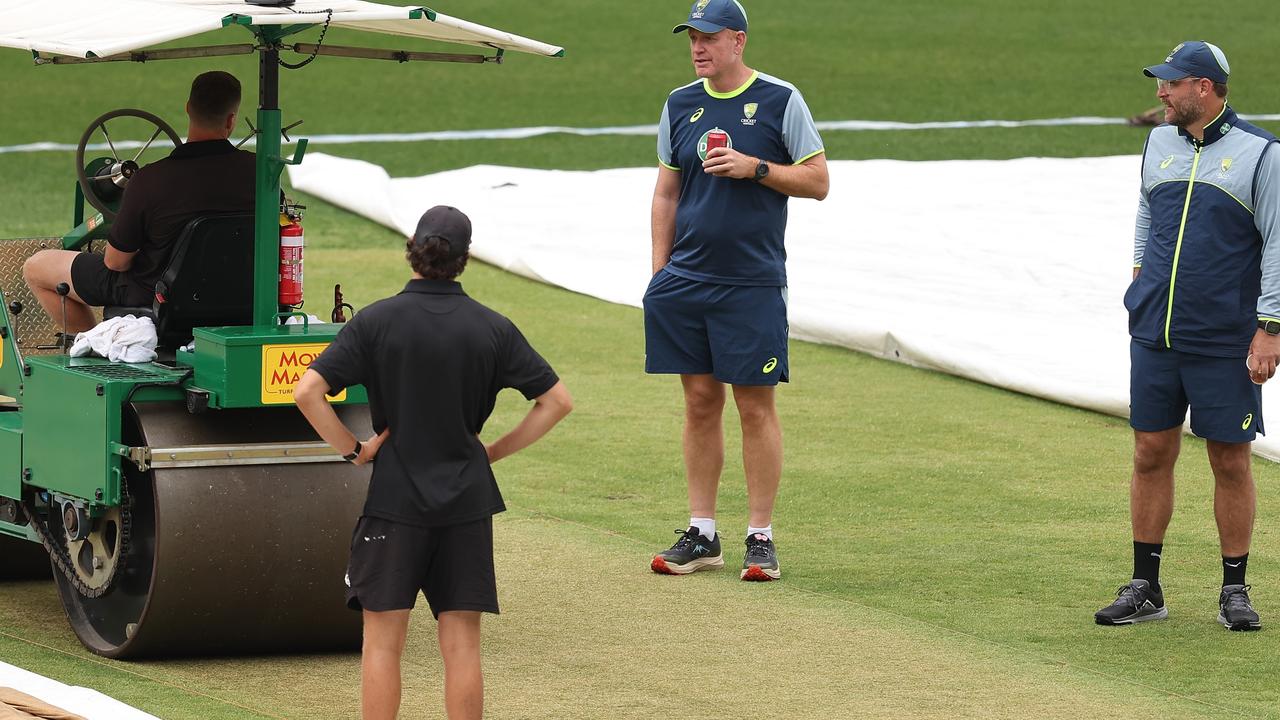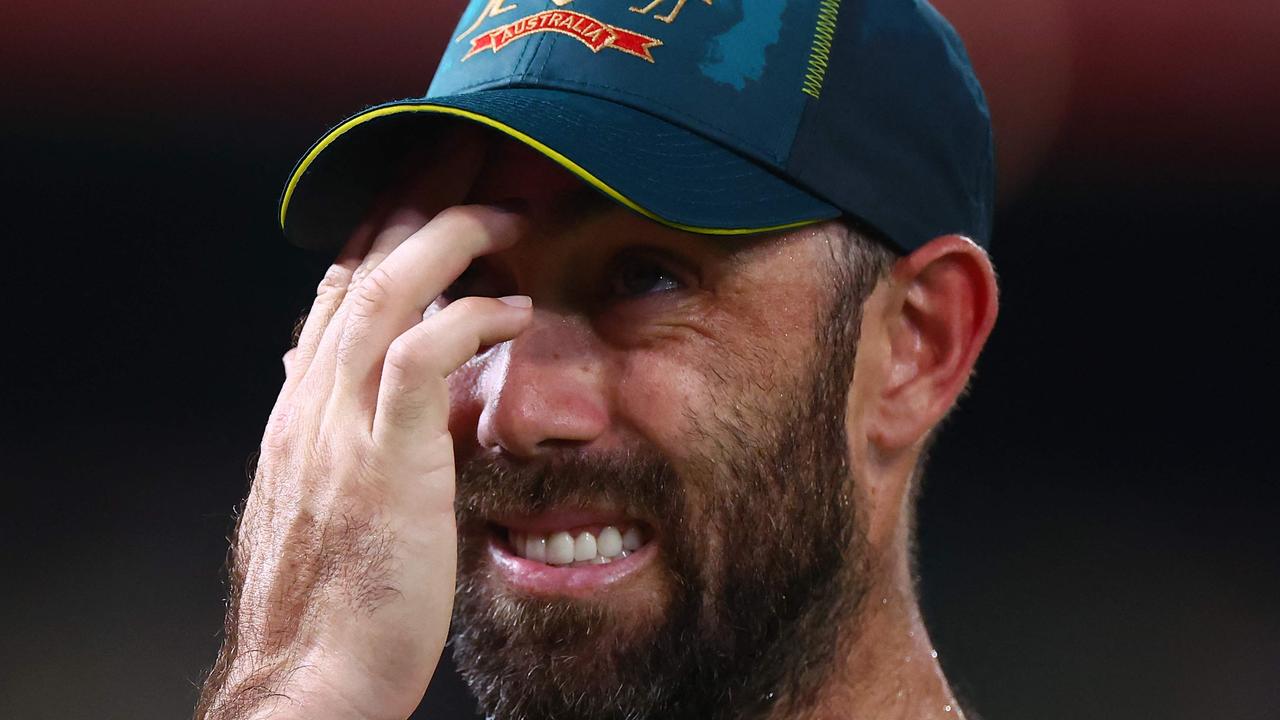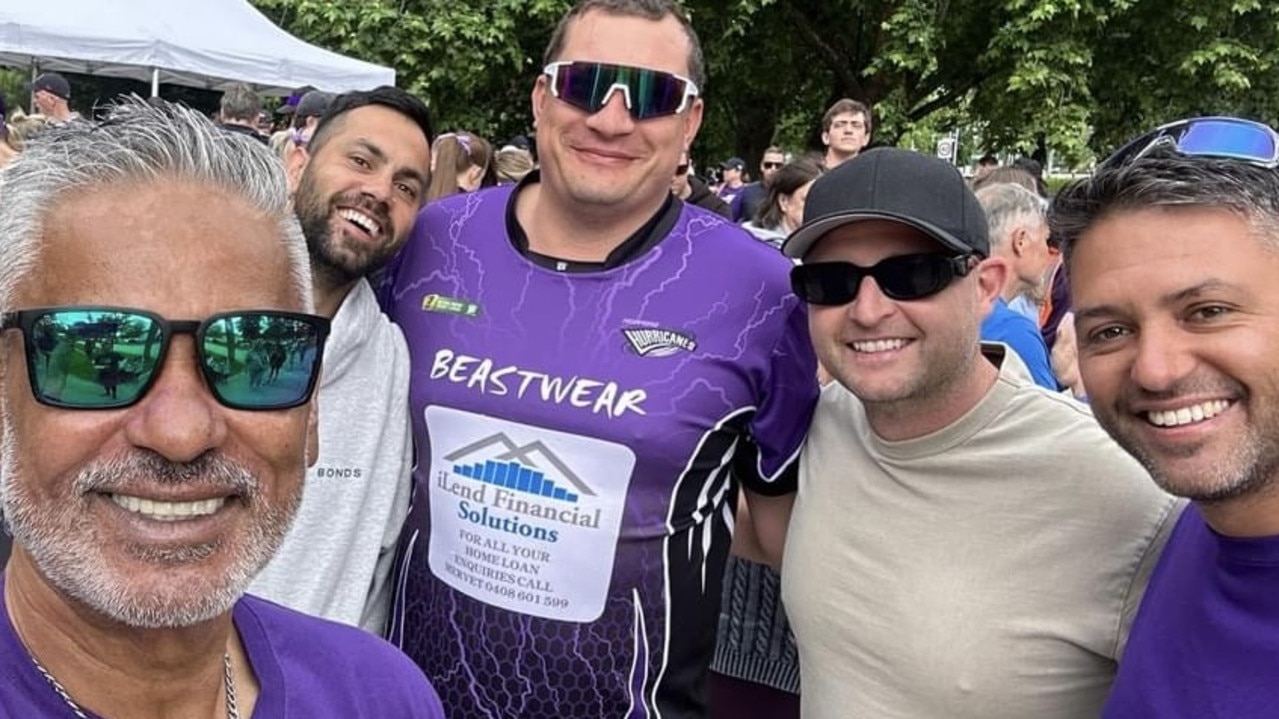Jason Gillespie opens up on Voice, Indigenous development in cricket, shock Ashes bolter
Test cricket has few cult heroes as big as Dizzy Gillespie, and the former double centurion has made a huge call ahead of the Ashes.
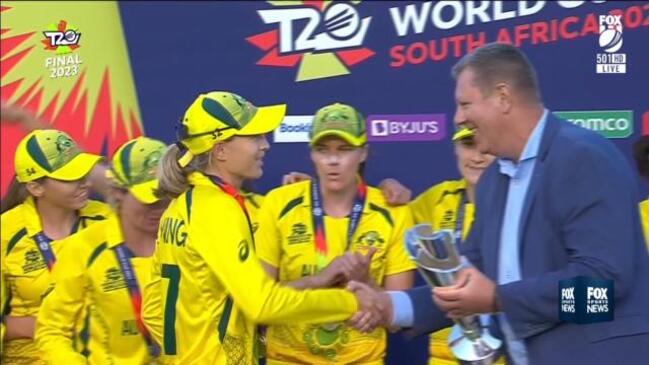
Jason Gillespie is many things to many generations of Australian cricket fans – to an older generation, he was a cult hero, the likes of which hadn’t been seen around the national side since Merv Hughes.
With a curly flowing mullet and signature goatee, Gillespie took 259 Test wickets at an average of 26.13, and endeared himself to Australian children of the 1990s and 2000s.
Watch every match of the 2023 IPL LIVE & On-Demand with Kayo. New to Kayo? Start your free trial now >
Now the calm and cerebral head coach of South Australia and the Adelaide Strikers, Gillespie’s forging in the fires of Test cricket at the turn of the millennium has resulted in a man who is frank and forthright about his views on the game, and with a background of elite coaching success such that he has been mooted as a future national coach, those views are particularly informed.
Speaking exclusively to news.com.au, “Dizzy” (nicknamed for the American jazz trumpeter) opened up on his views on the game, as well as the Indigenous Voice to Parliament and the blockbuster upcoming Ashes series.
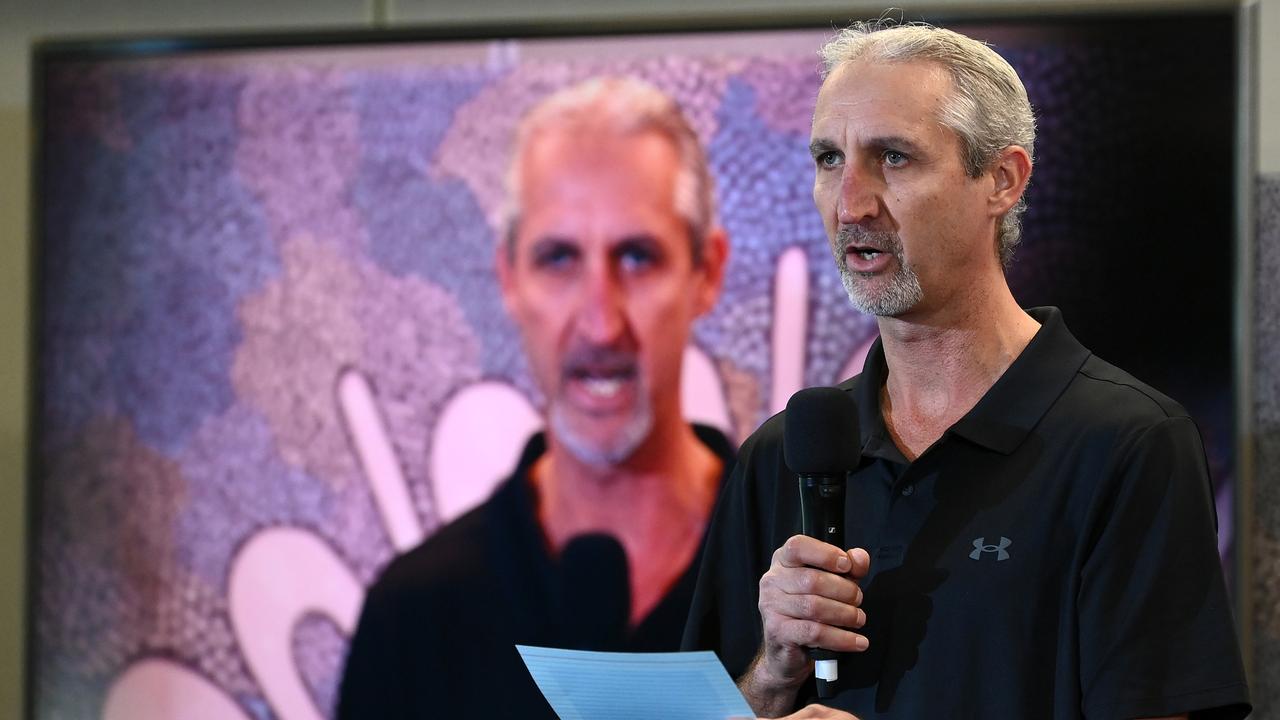
Gillespie, a proud Kamilaroi man, made history in 1996 as Australia’s first male Indigenous cricketer, and has since been outspoken about Indigenous issues.
At the time, it wasn’t celebrated as a milestone – it was no secret. He was simply never asked.
“I always found it weird that it took so long to come out because I always knew I was of Indigenous descent and all my mates knew it,” Gillespie said in 2021.
“I was never asked (initially).
“I naively assumed there was a lot of people in Australia with Indigenous blood. Then when you research it, you realise we are quite unique.
“I was incredibly proud. My brother is still working with the Aboriginal Legal Rights Movement in South Australia and dad was CEO for about a decade.”
Gillespie recently represented cricket as part of a cross-code effort to support the “Yes” campaign for the upcoming referendum on an Indigenous Voice to Parliament.
On the referendum, Gillespie is unequivocal.
“Everyone has their thoughts and opinions, (but) sport in general, we see it as a unifying thing, isn’t it?” he said.
“Australian society is pretty diverse, isn’t it? I think everyone sees it as something that can unify everyone, and can play a significant role in reconciling Australia.
“I think we’ve had some wonderful Indigenous sports stars and some wonderful Indigenous people in the public space in Australia. And it’s celebrating that.
“I think everyone’s entitled to an opinion, I’m very open with that.
“But I like the idea that Indigenous Australians have a voice when it comes to Indigenous issues, and that put into our Constitution. That just makes sense to me.
“I’m very conscious that people may have differing opinions on that but I’m very much in support of the Voice, which probably doesn’t surprise you too much.”
On the issue of whether an Indigenous Voice to Parliament might have particular implications for cricket or Indigenous cricketers in terms of inclusion, Gillespie said “we probably won’t know until we know.”
“I think it’s very much a ‘wait and see’ (situation). I’m really hopeful that as a country we’re open and we support this, I’d love to see that,” he said.
Since Gillespie’s debut, he has been joined by just one other male Test cricketer from an Indigenous background, being Gulidjan man and fellow pace bowler Scott Boland, and Indigenous participation rates for cricket lag significantly both relative to the broader population, and relative to the football codes.
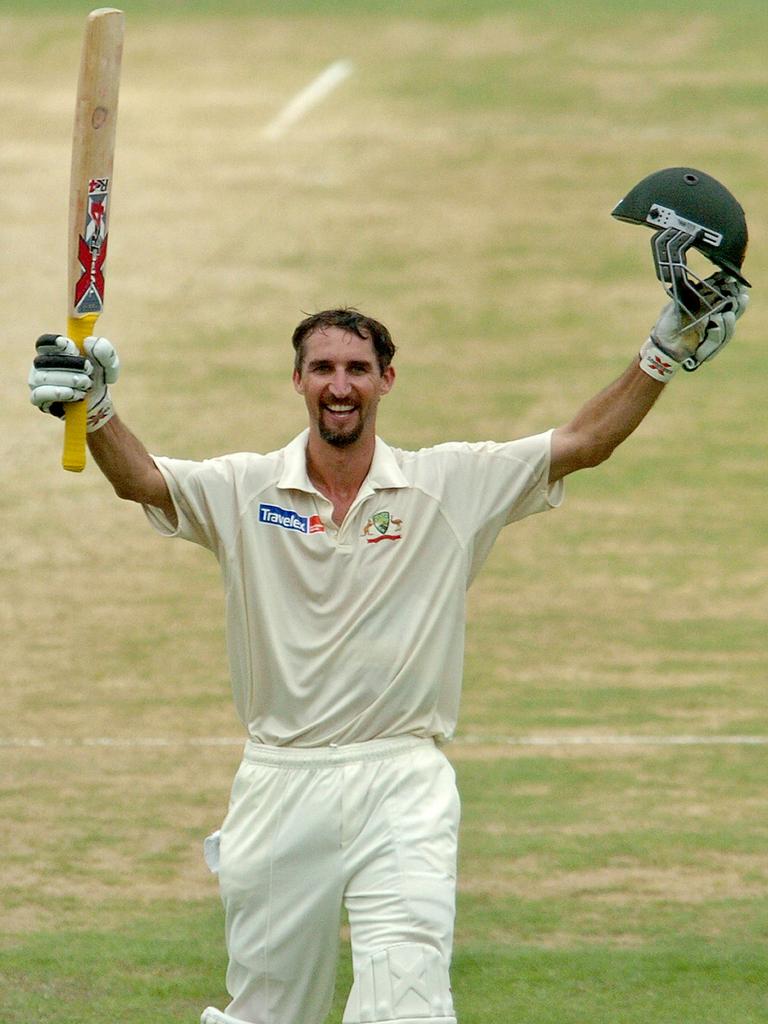
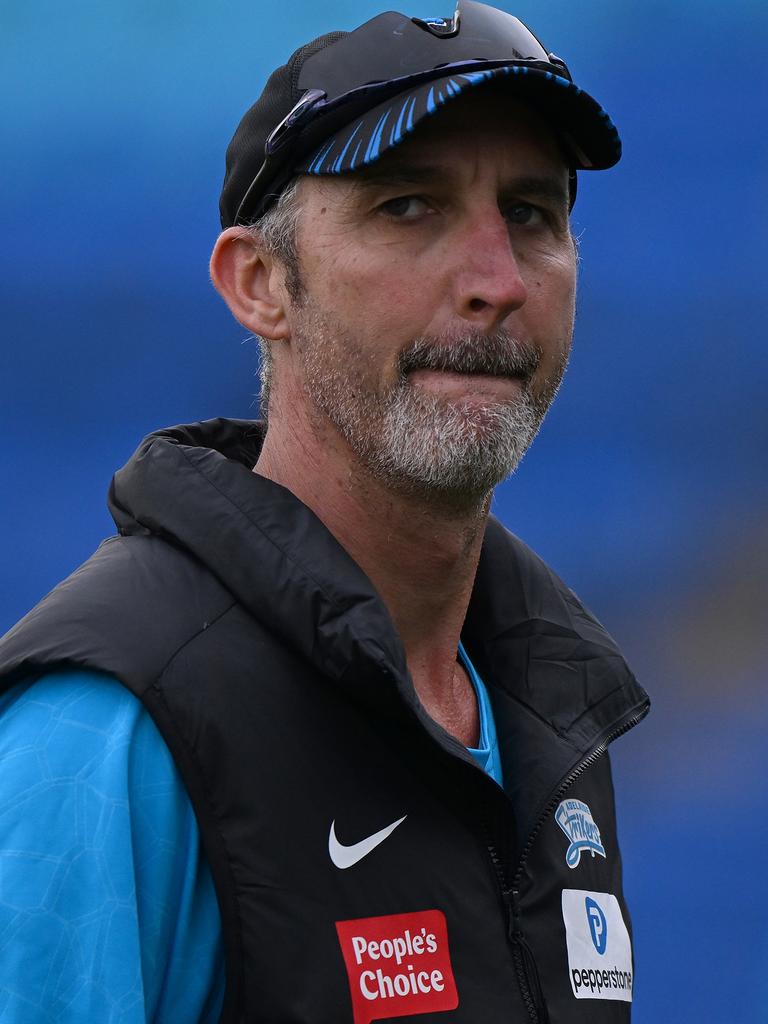
On barriers to participation in the Indigenous game, Gillespie said it may be due to the equipment-heavy nature of the sport, but that there had been positive work done to improve participation.
“That’s a good question. I’m not totally clear on what the barriers are,” he said.
“I suppose the football codes probably have an advantage in that (in) their games, you can pretty much just pick up a footy and go your hardest.
“It’s very simple, the games are pretty short and sweet, everyone’s involved at the same time.
“So I don’t know if it’s because of the nature of our sport, in that there is a bowler, a batter and then fielders, and the batting team sitting down waiting to participate in the game, where with football, everyone’s on the ground at the same time.
“So I don’t know if it’s purely because the sport is different and our sport may not appeal as much to people as the football codes.”
“In my experience, a number of years ago when I was still playing for Australia, I remember doing a few clinics up in the Northern Territory, we put on the old Milo clinics for the Indigenous kids, and a lot of the kids were wearing their favourite AFL tops to a Milo Have a Go clinic!
“You start the cricket stuff, and the Sherrins are being kicked around!
“I think historically, I think the football codes in particular Aussie rules and rugby league, I think they’ve been very good in getting out there (in Indigenous communities) and promoting their respective sports. I think it’s probably fair to say that they’re very good at that, and they’ve done it for a long time.
“I think one thing I’m really, really pleased about and proud of – I think Cricket Australia has acknowledged that they can do more, and they’re striving to do more, which I think is really positive.
“I know those conversations will keep happening and I know Cricket Australia are working hard, and my old mate Matty Hayden has done some really good work in Northern Australia, which is really cool.
“Around the states, there’s a lot of things in place. There’s a lot of resources going into Indigenous cricket, there’s obviously the carnivals that the state teams go on, there’s the local carnivals that go on which are great.
“I think the key is continually looking to provide opportunities for kids to be able to play. And I think that’s the key for what we want as a sport in general, we just want more people playing, more kids playing and certainly more Indigenous kids just falling in love with the game and seeing it as a viable option. That’s what we want, isn’t it? We want Indigenous kids to see cricket as a viable option.
“It’s funny to say this, but I just want Indigenous kids to play sport. If they’re playing cricket, that’s great – but if they’re just wanting to play footy, then that’s okay too. It’s bigger than one particular sport.
“I think the greater conversation, the greater good, is just if they’re out there playing sport in general, and that for me, I see that as a massive win.
“I certainly want to see as many kids playing cricket as possible, don’t get me wrong, but I think just playing sport is the key.”
Scott Boland’s rise to prominence in the national side has seen a new, ugly side of being in the public eye rear its head in racism, and this has been further amplified around debates over January 26 and the Indigenous Voice to Parliament.
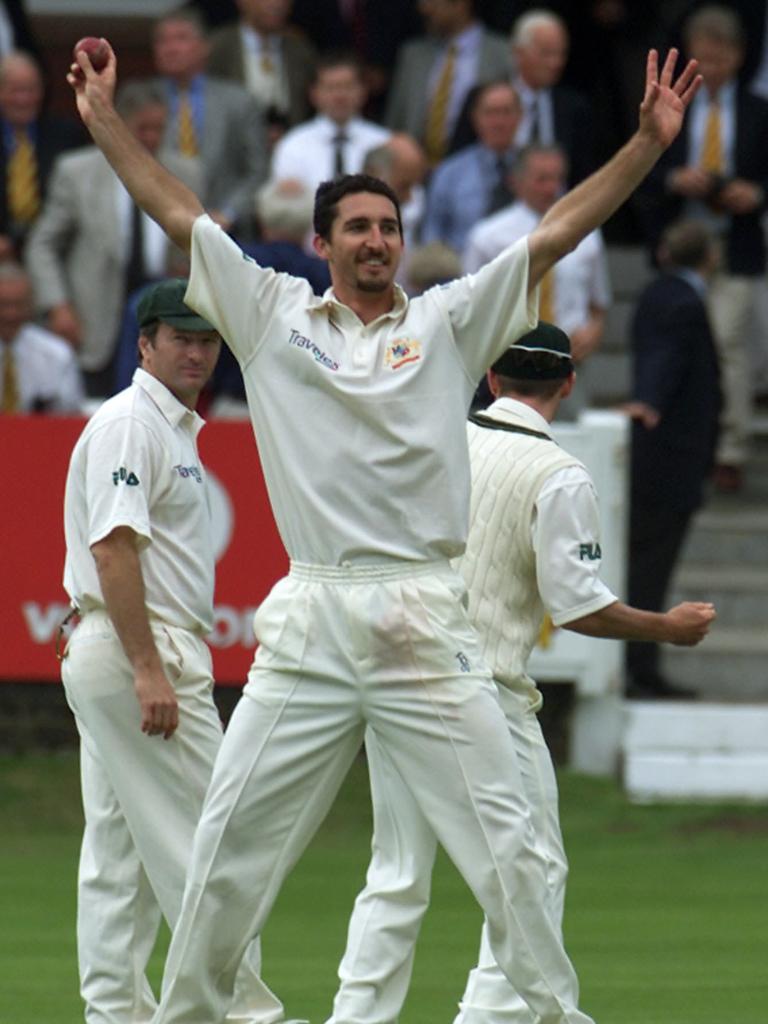
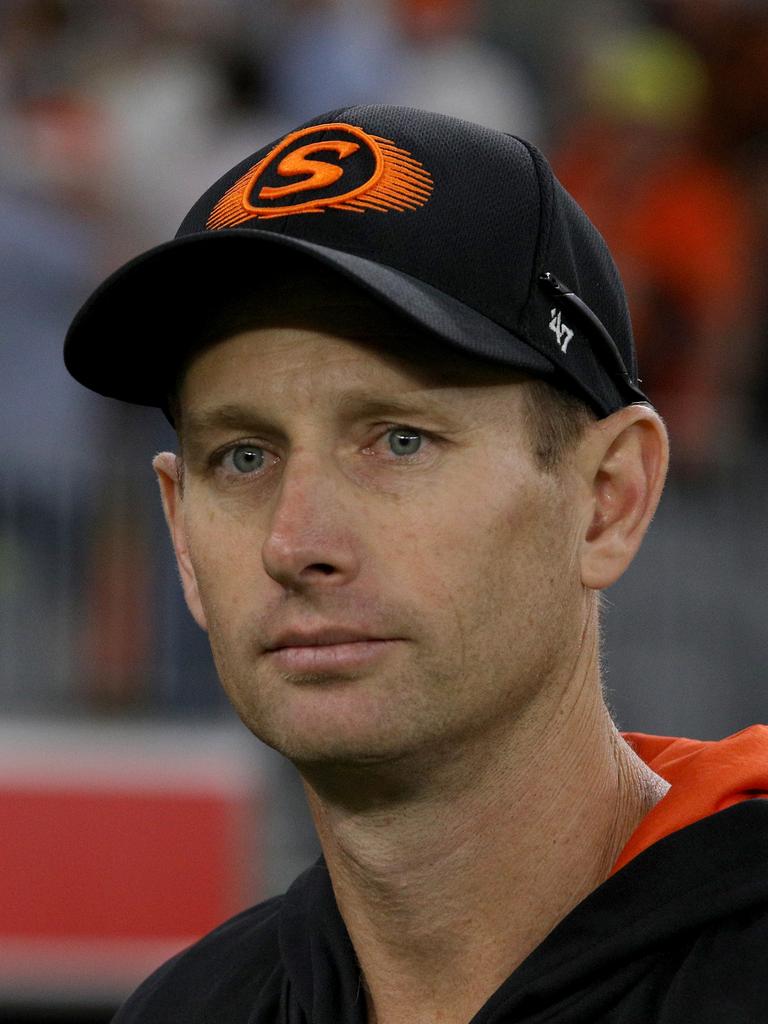
At the height of the Black Lives Matter movement, Gillespie was asked about the Australian team’s much-criticised initial decision to not take a knee against England, only doing so a year later against the West Indies.
At the time, Gillespie said he “understood” captain Aaron Finch’s decision, but on the development of the culture around race in national teams and Cricket Australia over the last 20 years in his experience, he said while his personal experience was positive, listening was the most important element of tackling racism.
“I haven’t necessarily been affected by any race issues, I certainly haven’t felt vilified in any way,” he said.
“But I’m really respectful and understanding that there are people in our sport that may have, and I think the key, the absolute key is that we listen, and I think Finchy’s words (in 2020) were spot on – listen and learn as much as we can, and that’s all we can do.
“For me, that’s probably the key part of that – is just take some time actually really, really listen and try and understand where people are coming from with their own experiences and you know, look for opportunities for ways that we can learn from those conversations.”
One of Australia’s most respected coaching figures, having had success in head coaching roles at Yorkshire, Papua New Guinea and Sussex, as well as the Adelaide Strikers and South Australia, Gillespie has been raised as a contender for the national coaching job.
However, he hasn’t given it the time of day, saying he hasn’t contemplated it.
“Not even once, if I’m honest,” he said.
“For what it’s worth, I think Justin (Langer) did a wonderful job, and now I believe Andrew McDonald and his staff are doing a wonderful job as well.
“My focus, my energy is on South Australia and the Adelaide Strikers at this stage in my life and career. I’m really respectful and understanding of the support staff of the Australian cricket team and the amount of time that they are away from home, and it is genuinely not something I’m willing to do, and willing to entertain at this point in time.
“I’ll be honest, I don’t think I’m the best man for the job either. I think the right man is in charge, and I think there are other candidates who are better suited for that role should it come up in the future.”
If the job were to come up, Gillespie believes the current best candidates are based out in the West.
“I think we’ve got a young coach out in the west who’s been winning trophies for fun, creating a great environment – Adam Voges, I’m a huge rap for him and what he does and how he goes about it.
“He’d be a great person to lead at some point in the future … I just think we’ve got some really good people around Australian cricket – Wade Seccombe, Chris Rogers, Greg Shipperd the old guru is taking charge in New South Wales, I think we’re really healthy in that coaching space in Australian cricket.”
Meanwhile, Ashes predictions did not go astray.
“I think they’ll be results games, there’ll be such aggressive positive cricket – it’s going to go down to the wire, I’m going to go 3-2 Australia.
“I think the weather’s going to be good and I think both teams will provide aggressive cricket.”
Gillespie also backed Australia in English conditions to win the World Test Championship final, while backing two left-of-centre choices for Ashes top run-scorer and wicket-taker.
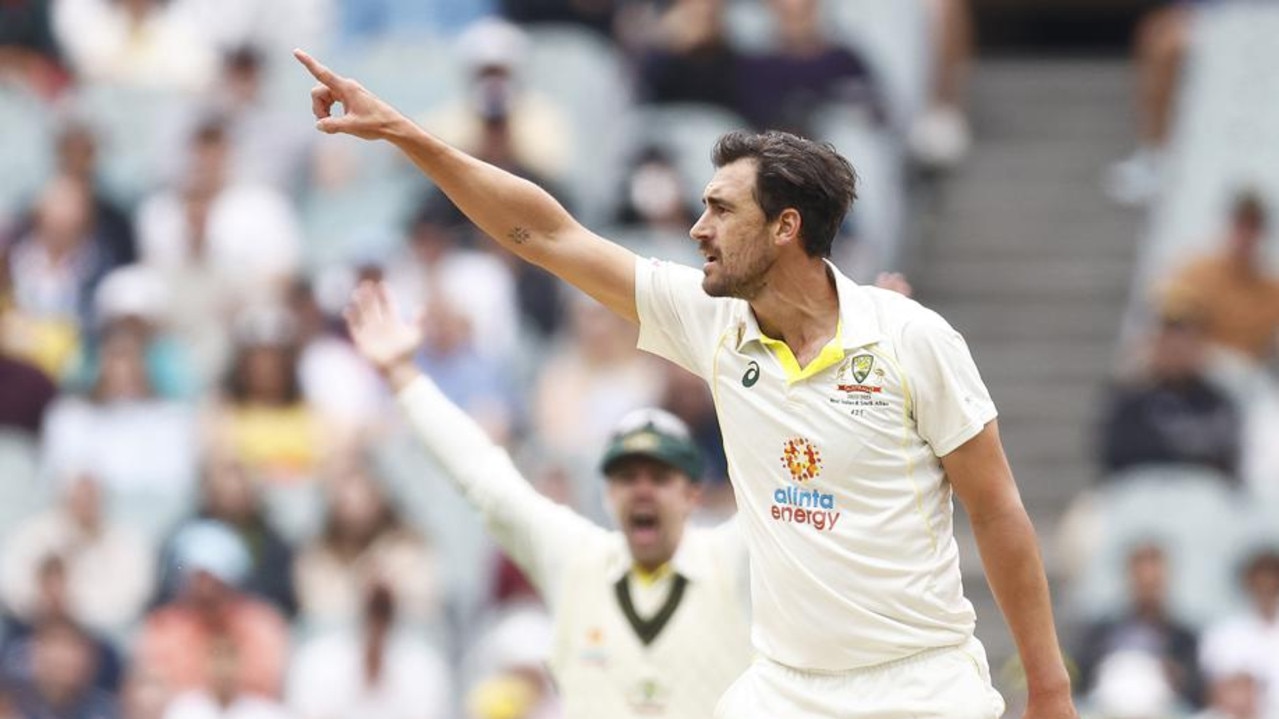
Gillespie backed fellow South Australian Travis Head for top run-scorer, despite the fact that Head averages 27.28 in England compared to a career average of 45.40.
Head has been in scintillating form since 2021, averaging 54.40 with the bat and his swashbuckling style has been widely tipped to flourish on pitches that are anticipated to be more conducive to batting to aid England’s “BazBall” approach.
For leading wicket-taker, Gillespie looked to two men who typically have not led bowling attacks in England: Mitchell Starc and Ollie Robinson.
“I’m probably going to lean towards Mitchell Starc, swinging that Dukes ball,” he said.
“If it is what we’re thinking, that they’re going to be batter-friendly surfaces that are a bit drier, then he’ll be able to swing the new ball and possibly get reverse swing with the old ball, so I think he could genuinely have an impact.”
Gillespie knows Robinson well, having given him his debut at Yorkshire.
“I’ve known Ollie for a long time, I think he’s a fine cricketer. He’s really grown over the last few years in particular, he’s matured a lot as a person and as a cricketer,” he said.
More Coverage
“He’s learning how to look after himself and look after his body, and his skill level is of the highest order. So yeah, I think he’s very good.”
With the 36-year-old David Warner under pressure to perform in a place he historically hasn’t, Gillespie anticipated he would come good given the nature of the conditions.
“He’ll start, but as with every player he needs to be judged on his results, and how he goes. I think the way England are talking and how they want to go about it, the surfaces could play into Davey’s hands in a positive way,” he said.
Originally published as Jason Gillespie opens up on Voice, Indigenous development in cricket, shock Ashes bolter



